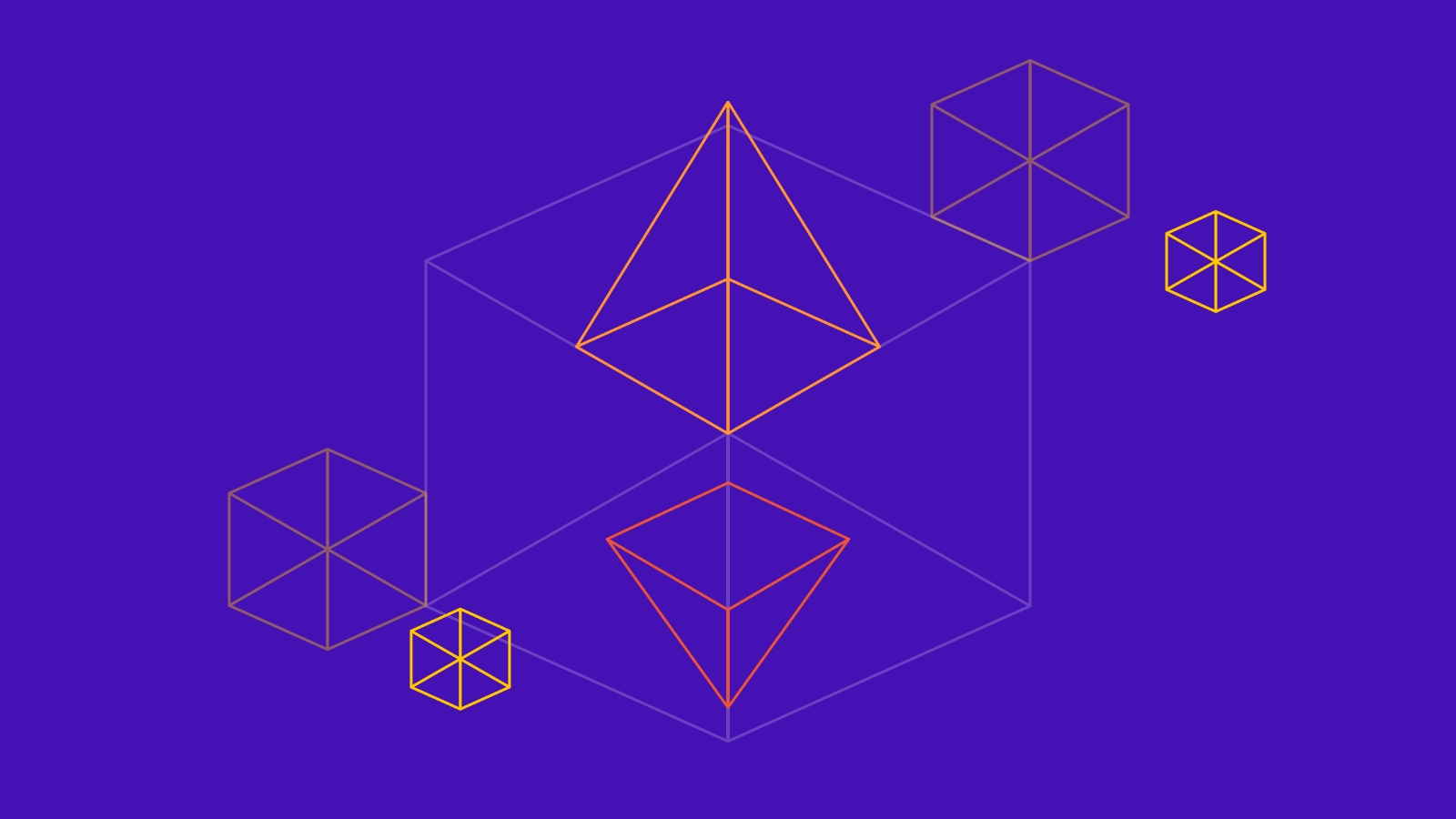
Decentralized Autonomous Organizations (DAOs) built with blockchain technology have the potential to reshape traditional financial structures toward greater inclusivity, transparency, and efficiency. DAOs have revolutionized the cryptocurrency space by introducing decentralized governance, automated execution, and innovative approaches to financial products and services.&
In contrast to traditional organizations, DAOs allow for a trustless, democratized, transparent, and accountable governance mechanism where all members vote for any implementations. They decentralize decision-making by connecting users with common goals and giving each of them an equal voice.
DAOs were developed to automate decisions and facilitate cryptocurrency transactions.The first DAO, The DAO, was about creating a decentralized organization for a venture capital fund and quickly raised $150 million. The DAO launched in 2016 after Ethereum protocol engineer Christoph Jentzsch released the open-source code for an Ethereum-based investment organization.
Whether you want to grow your investments using NFTs or promote social responsibility initiatives and other charitable causes, a DAO could be the answer.
What Is a DAO?
Decentralized Autonomous Organizations (DAOs) are self-governing entities where governance rules and financial transactions are recorded on a blockchain and are publicly viewable. They operate on predefined smart contracts and automated protocols, representing the organization's rules and allowing for a decentralized decision-making process and management. After launch, the rules set by smart contracts can only be modified through the governance system.
This transparency helps build trust among participants, as anyone can verify the implemented decisions and actions. DAOs allow their participants to collectively oversee contributed funds and participate in the management and governance of the entity without relying on a central authority.&
All members participate in decision-making, and all decisions are made through a voting system, with the voting process posted on the blockchain. To become a Decentralized Autonomous Organization (DAO) member, users must buy its governance tokens and use DAO tokens to vote on any implementations, proposals, fund distributions, and updates proportional to the amount of DAO tokens they hold.
Protocol DAOs or AMMs, automated market makers, are among the most popular types of DAOs. A protocol DAO, such as MakerDAO, governs a decentralized protocol, such as decentralized exchanges (DEXs), lending, etc., using smart contracts.&
How Do Investment DAOs Work?
Investment DAOs, also called venture DAOs, aim at collectively managing and investing funds to act in the best interest of the entity and generate revenue for the group in the form of digital assets.& They leverage the capabilities of Web3 technologies to democratize the investment process and promote inclusivity through various mechanisms.
DAOs issue governance tokens, representing ownership and voting power within the organization.& They employ snapshot mechanisms for reviewing the count of governance tokens in each wallet to ensure equitable distribution of voting rights.&
As with other types of DAOs, investment DAOs operate through smart contracts. Decisions are made through a consensus mechanism involving the DAO's token holders. Token holders propose, discuss, and vote on various matters related to the DAO's investments, strategies, and operational protocols, and the entire organization benefits when the investment pays off. They participate in decision-making processes and influence the direction of the investment portfolio.
Once a proposal is approved through the voting process, smart contracts automatically execute the proposed action. For instance, if the DAO decides to rebalance the portfolio by adjusting the allocation of different assets, the smart contract would automatically execute the necessary transactions based on predefined criteria.
Investment DAOs can manage a wide range of investment strategies, such as passive portfolios, active trading strategies, yield farming, and more. The community collaboratively determines the optimal allocation of assets and investment approaches.
All investment decisions, proposals, and transactions are recorded on the blockchain, ensuring transparency and accountability. Participants can verify the actions taken by the DAO and track its performance over time.
Some DAOs incorporate incentive mechanisms to encourage participation and engagement, such as rewarding token holders for voting, making proposals, or contributing to the DAO's development and growth.
DAOs Vs. Traditional Investing
In contrast to traditional investing or traditional venture capital (V.C.), investment DAOs invest in digital assets like crypto tokens, NFTs, etc. DAO investing is fully decentralized and focused on inclusivity and innovation, while traditional investing provides familiarity, established regulatory frameworks, and professional management.&
Structure
- DAO Investing: DAOs lack leaders, managers, and CEOs. Instead, decisions are collectively made by token holders through a decentralized governance process.
- Traditional Investing: It employs a highly centralized hierarchical structure, where decisions are typically made by fund managers, CEOs, or financial advisors and executed at the bottom.&
Global Inclusivity
- DAO Investing: Promotes inclusivity and empowers individual investors with internet access globally to join and participate in the investment process.
- Traditional Investing: It may have exclusivity or barriers to entry, such as minimum investment requirements or geographic restrictions limiting access.
Intermediaries and Fees
- DAO Investing: It reduces or eliminates intermediaries, leading to potentially lower fees.
- Traditional Investing: The involvement of intermediaries such as brokers, custodians, and advisors may result in higher fees.
Transparency and Accountability
- DAO Investing: It provides transparent and auditable records of all decisions and transactions on the blockchain.
- Traditional Investing: Transparency varies and may depend on the reporting practices of investment firms.
Liquidity
- DAO Investing: DAOs' tokens derive value from the underlying crypto portfolio, enabling token holders to sell their tokens on a crypto exchange anytime.
- Traditional Investing: L.P.s cannot liquidate their positions in the fund before the fund offers an exit.& & & & & & & & & & & & & &
Ownership and Governance
- DAO Investing: Token holders have direct ownership and influence over investment decisions.
- Traditional Investing: Investors hold shares in funds, trusts, or companies, with limited direct influence on management decisions.
Community and Collaboration
- DAO Investing: It fosters collaboration among community members who collectively shape the investment strategy.
- Traditional Investing: This may offer limited opportunities for investors to collaborate or engage in decision-making.
Real-World Use Cases
Investment DAOs have multiple real-world use cases ranging from real estate and crypto startups to managing intellectual property rights and licensing arrangements and more.&
Let's take a closer look at some successful DAO projects below:&
- MakerDAO: MakerDAO leverages smart contracts executed on the Ethereum blockchain. Dai is the platform's stablecoin soft-pegged to the U.S. dollar and has other cryptocurrencies as collateral. What makes Dai unique and decentralized is that any user can mint it using the Maker protocol. The Dai tokens' total circulating supply is over 3.4 billion.
- Love Hate Inu: Operating on Ethereum, Love Hate Inu is a community-driven platform empowered by the innovative "Vote-to-Earn" (V2E) system. Users share their opinions on meme-friendly and often controversial topics, earning LHINU native token as a reward for expressing their "Love" or "Hate." Users can purchase LHINU tokens and stake them for participation in polls. Love Hate Inu is one of the most popular DAOs in 2023 and has raised over $2 million in its initial presale phase within just a few weeks.
- DAOVentures: It's an investment DAO, presenting itself as a "DeFi ETF Index Fund," that provides exposure to a diverse range of assets. The DAO supports investing in major cryptocurrencies and metaverse coins, with returns generated through yield farming and investing in FAANG stocks (Facebook, Apple, Amazon, Netflix, Google) through "mirror protocol," financial derivatives mirroring actual listed stocks to reap additional yield farming rewards. The platform's governance token, DVD, empowers holders to vote on and propose strategies or the inclusion of new assets.
- AAVE: AAVE is an open-source decentralized finance liquidity protocol enabling you to earn interest on deposited and borrowed assets. It can be used to develop applications, and the tokenholders participate in its governance and vote on new assets, upgrades, and proposals. The native AAVE token is considered one of the best DeFi coins on the market, surging by over 2,300% in early 2021.
- Uniswap: It's a decentralized exchange (DEX) built on the Ethereum network with over $205 billion in trading volume and 200 DeFi integrations. Uniswap offers multiple tokens and billions in liquidity, facilitating token swaps, programmable liquidity, flash swaps, and more. Users can place their idle ERC-20 tokens into Uniswap’s liquidity pools and generate a yield in return. UNI token holders participate in governing and voting on off-chain proposals, upgrades, etc.
- Syndicate: It's an investment DAO, enabling any wallet to transform into an investment DAO through accessible Web 3.0 technologies. This innovation is supported by tools that fuse Ethereum wallets like Metamask with Syndicate's smart contracts, allowing users to establish and manage DAOs. The process is streamlined with automated management features, including deposit and distribution tracking. Creators of these "investment clubs" can invite other investors to join and contribute funds, while startups and projects can present proposals to these clubs to secure funding.& &
- DAO.vc is a marketplace of crypto startups, ranging from new trading platforms to a DeFi poker game that facilitates investing in a pool to earn safely on verified IT, DeFi, and blockchain projects. Token holders can vote and manage a portfolio pool, and the revenue from these startups is split among contributors in proportion to their investments.
Addressing Concerns and Limitations
While investment DAOs offer significant advantages and possibilities for decentralized and community-driven investing, they also present concerns and limitations requiring careful consideration and risk management. As the technology and regulatory landscape continue to evolve, addressing these challenges will be crucial for the long-term success of investment DAOs.
Let's look into some limitations to the DAO structure below:
- Regulatory Issues: Regulatory bodies worldwide are still defining how DAOs should be classified, and there's no legal framework for them, which could lead to legal challenges or compliance issues. They also face regulatory uncertainty regarding issues such as taxation of DAO tokens, treasuries, and investments, insurance, implementing AML and CFT policies, and who takes responsibility, as DAOs don’t have any single entity accountable for its decisions. They may also lack the investor protections and oversight provided by traditional financial institutions, exposing participants to higher risks and potentially fraudulent schemes.& For example, the United States Securities and Exchange Commission determined that The DAO sold securities in the form of tokens on the Ethereum blockchain without authorization, violating portions of securities law in the country.
- Smart Contract Risks: While smart contracts offer automation and security, they're vulnerable to bugs or hacks. Smart contracts can have faulty code that can be hacked, leading to financial losses or breaches, impacting the assets and investments of the DAO, and even resulting in the theft of treasury reserves. For example, The DAO was hacked due to a bug, and the Ethereum community had to reimburse investors for over $60 million worth of stolen ETH.
- Concentration of Voting Power: A specific group of investors, such as venture capitalists, can accumulate major shares of DAO tokens to gain higher voting power and challenge the democratic structure of DAOs.&
- Decentralization Challenges: While decentralization brings several benefits, it can also lead to challenges in reaching the consensus of all members of the DAO. Disagreements among token holders may result in governance gridlock or decisions that don't align with the best interests of the DAO. For example, token holders may prioritize short-term gains over the DAO's long-term success, leading to decisions that benefit some at the expense of others. Plus, the decentralized nature of DAOs also means that decision-making is distributed among token holders, who may not always possess the necessary expertise for sound investment decisions.& As any changes in the DAO are implemented through voting mechanisms, which require time, you might have to wait for a long time for every transaction on the DAO. As a result, the organization can lose valuable time in resolving the concerns of a security breach.
How to Make Money With DAO?
Notably, DAOs are decentralized and autonomous, so they lack traditional hierarchical structures typical for conventional companies. In a DAO, income and compensation mechanisms can vary widely depending on its specific structure and purpose. Here are a few ways in which DAO founders or contributors might earn an income:
- Token Sales: DAO founders often hold a significant amount of DAO tokens, which can appreciate in value if the DAO's projects and initiatives are successful. Founders may earn income by holding and eventually selling these tokens at a higher price.
- Proposal Rewards: DAOs often use a proposal-based system for decision-making. Contributors can submit proposals for projects, initiatives, or changes to the DAO's operations. If a proposal is approved and successfully implemented, the proposer might be rewarded with tokens.
- Staking and Governance Rewards: DAO participants, including founders, may earn rewards for staking their tokens and participating in governance decisions. Staking involves locking up tokens to support the network's operations, and participants are typically rewarded with additional tokens in exchange.
- Contributor Payments: Some DAOs allocate a portion of their funds to pay active contributors working on projects and tasks within the DAO. These payments can be in the form of tokens or other cryptocurrencies.
- Partnerships and Collaborations: DAOs might enter into partnerships or collaborations with external entities, involving joint projects, co-development efforts, or other mutually beneficial arrangements which can lead to income generation.&
- NFT Sales and Royalties: DAOs can get involved in creating or selling non-fungible tokens (NFTs), allowing founders and contributors to earn income through NFT sales or by receiving royalties on secondary market transactions.
Future Prospects and Adoption
Decentralized Autonomous Organizations (DAOs) have the potential to significantly reshape the financial industry by introducing novel ways of conducting financial activities, enhancing transparency, and increasing accessibility.&
DeFi platforms leverage DAOs to govern protocols, manage funds, and make decisions collectively. DAOs can automate lending, borrowing, trading, and yield farming without intermediaries, increasing efficiency and reducing costs. They can operate decentralized exchanges and liquidity pools and manage investment funds, enabling users to pool their assets and participate in various investment strategies.&
Additionally, DAOs can grant access to financial services to individuals who are underserved or excluded from traditional banking systems. With an internet connection and a cryptocurrency wallet, people worldwide can participate in DAO-governed financial activities.
Notably, U.S. States, including Tennessee and Wyoming, have begun designating DAOs as entities having legal status. CityDAO bought land in Wyoming, and AssangeDAO bought non-fungible tokens ( NFTs ) to fund legal defense for Julian Assange, the WikiLeaks founder charged with violating the U.S. Espionage Act.
The financial industry will likely undergo experimentation and evolution before adopting the DAO model. However, as regulations catch up and best practices emerge, DAOs have the potential to democratize finance, increase efficiency, and foster innovation in the financial sector.
Conclusion
A DAO is a new kind of organizational structure offering several advantages, such as transparency, decentralization, inclusivity, and novel forms of governance. Investment DAOs provide investment flexibility and unique benefits extending beyond a traditional organization.
The success stories of existing DAO projects across various industries, from finance to art and entertainment to healthcare, education, and more, demonstrate the viability of decentralized collaboration and decision-making and inspire the creation of new DAOs.
As blockchain and smart contract technology continue advancing, DAOs are poised to undergo further evolution, revolutionizing how communities collaborate and make investments.

You can get bonuses upto $100 FREE BONUS when you:
💰 Install these recommended apps:
💲 SocialGood - 100% Crypto Back on Everyday Shopping
💲 xPortal - The DeFi For The Next Billion
💲 CryptoTab Browser - Lightweight, fast, and ready to mine!
💰 Register on these recommended exchanges:
🟡 Binance🟡 Bitfinex🟡 Bitmart🟡 Bittrex🟡 Bitget
🟡 CoinEx🟡 Crypto.com🟡 Gate.io🟡 Huobi🟡 Kucoin.
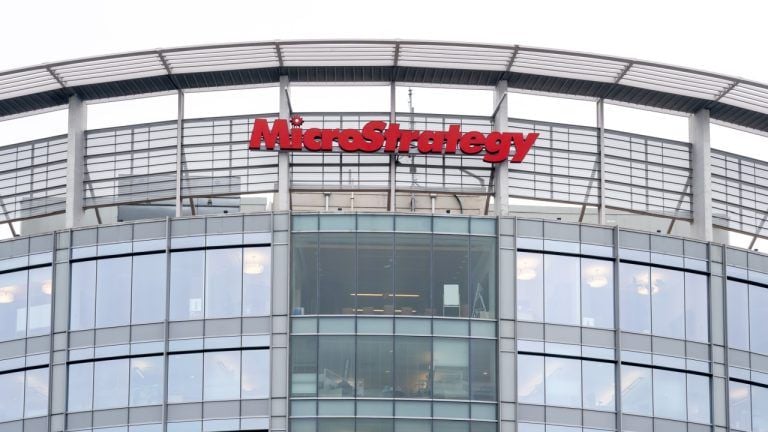

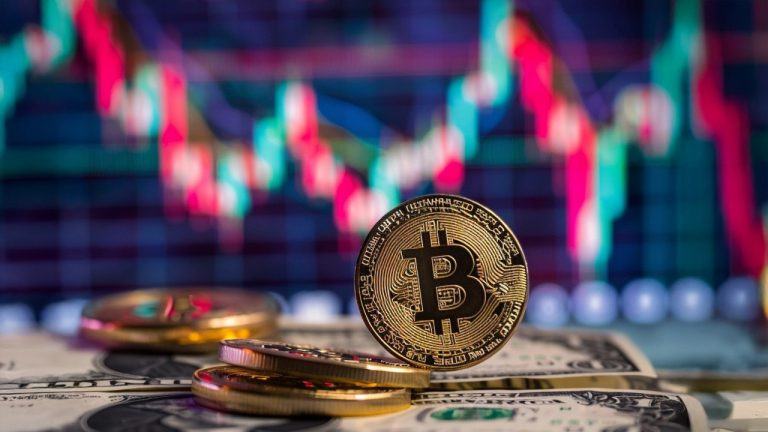
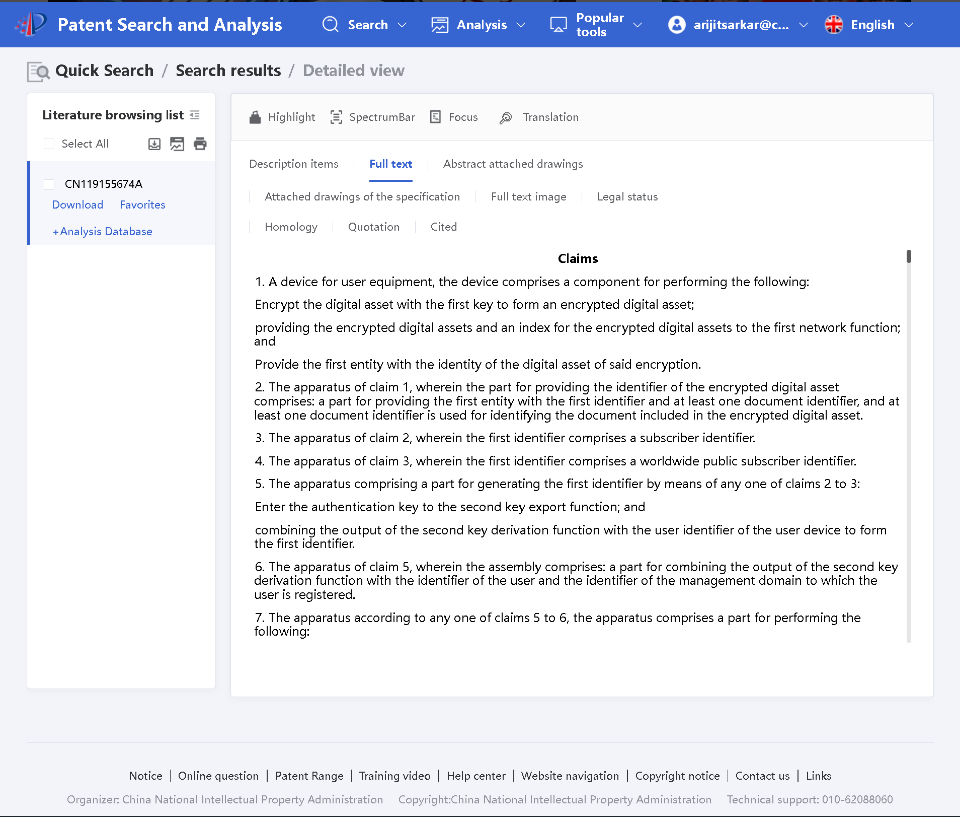
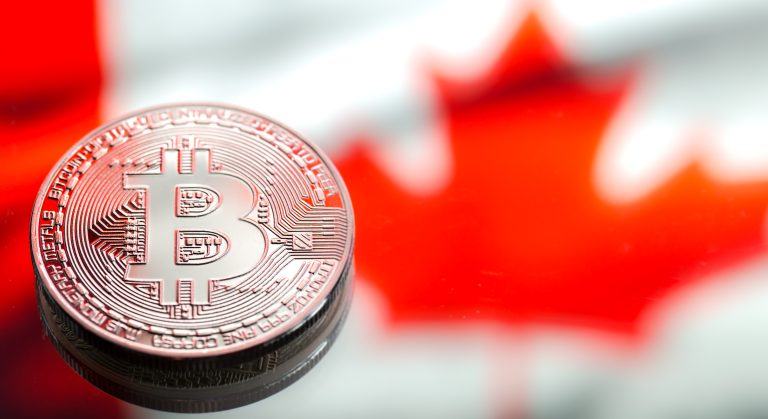
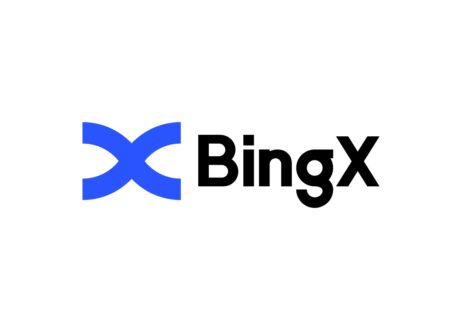
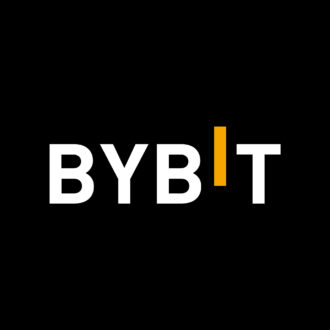
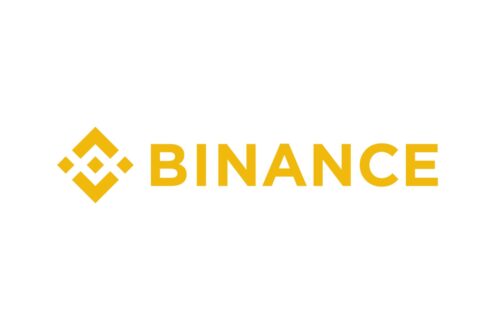
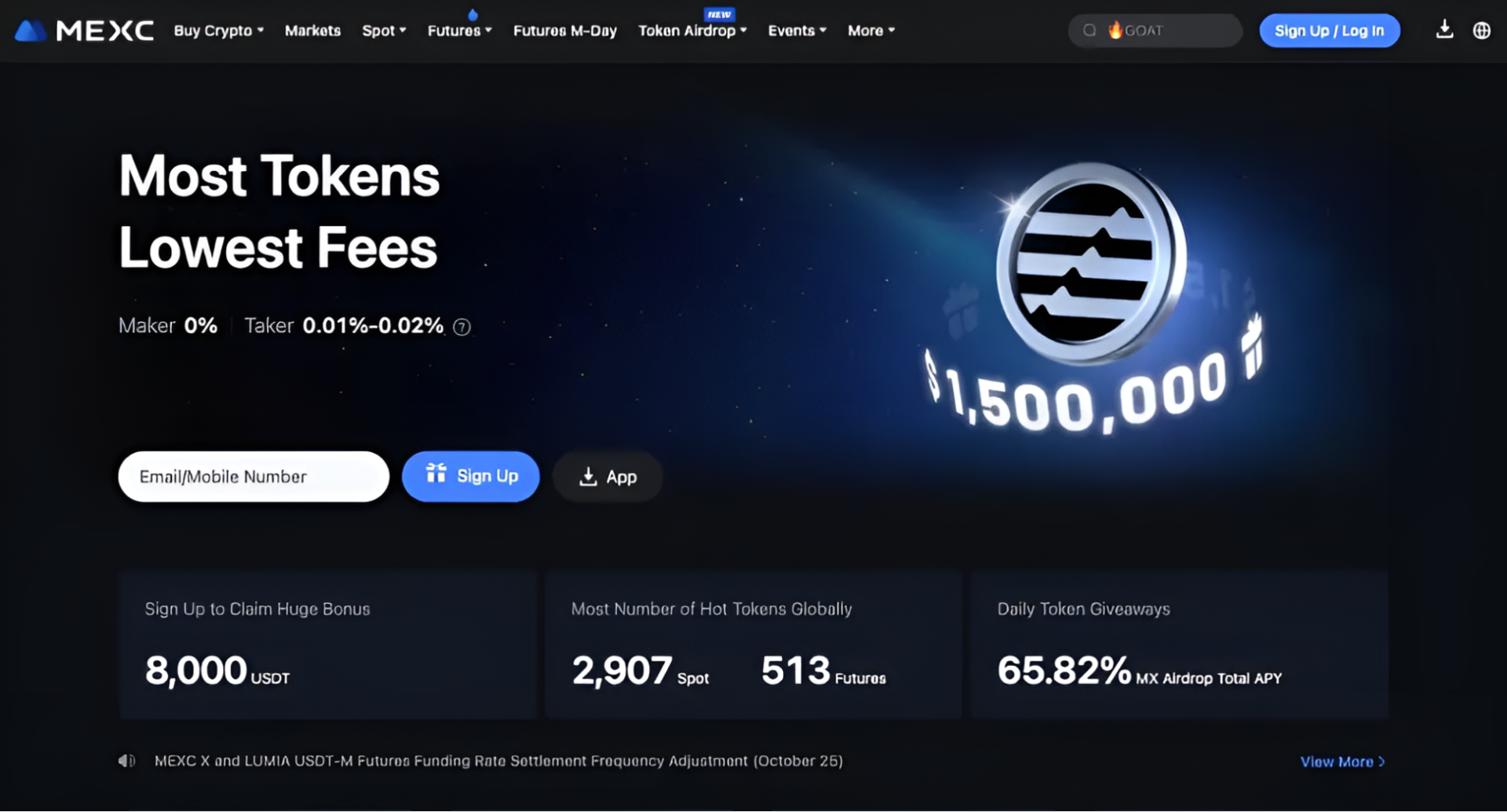
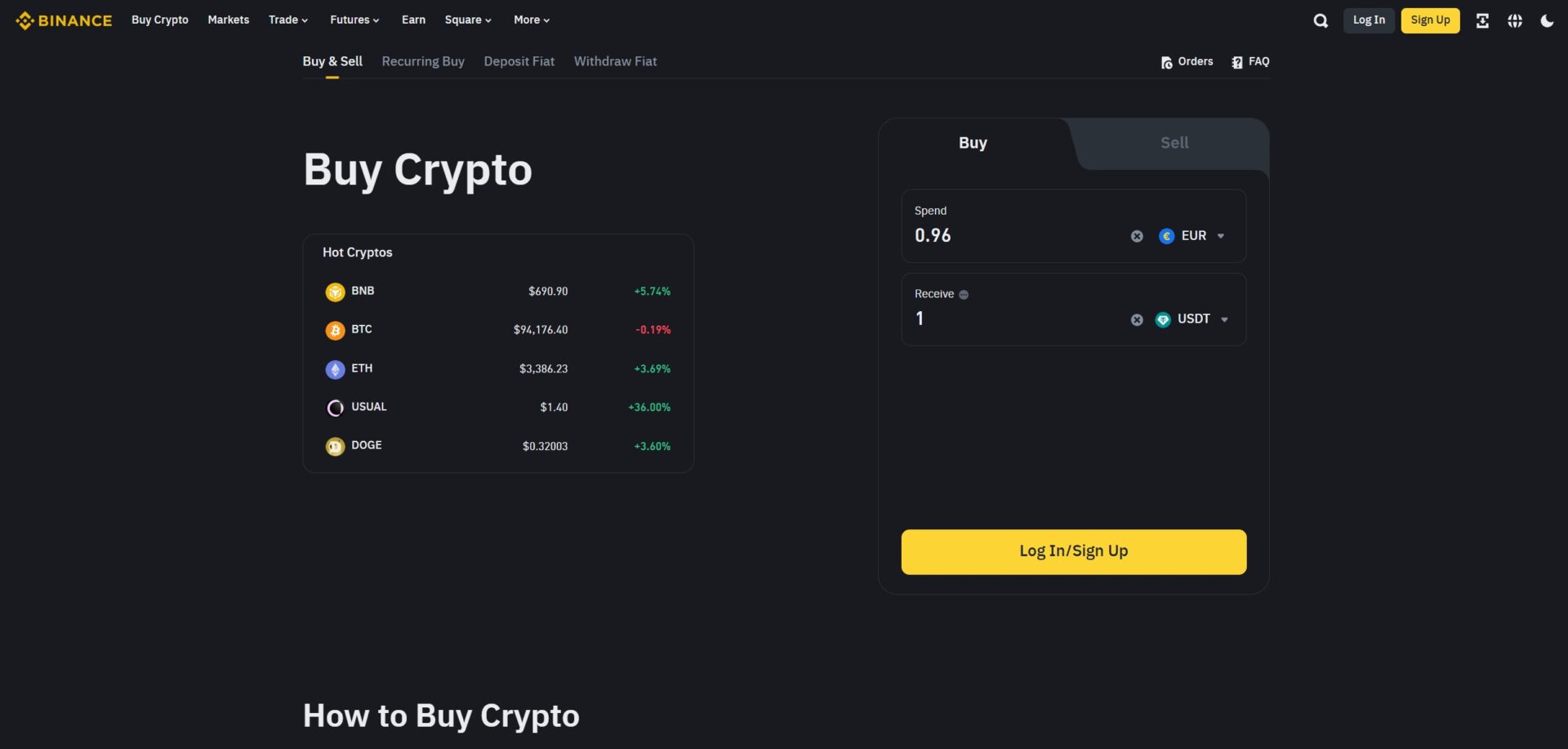
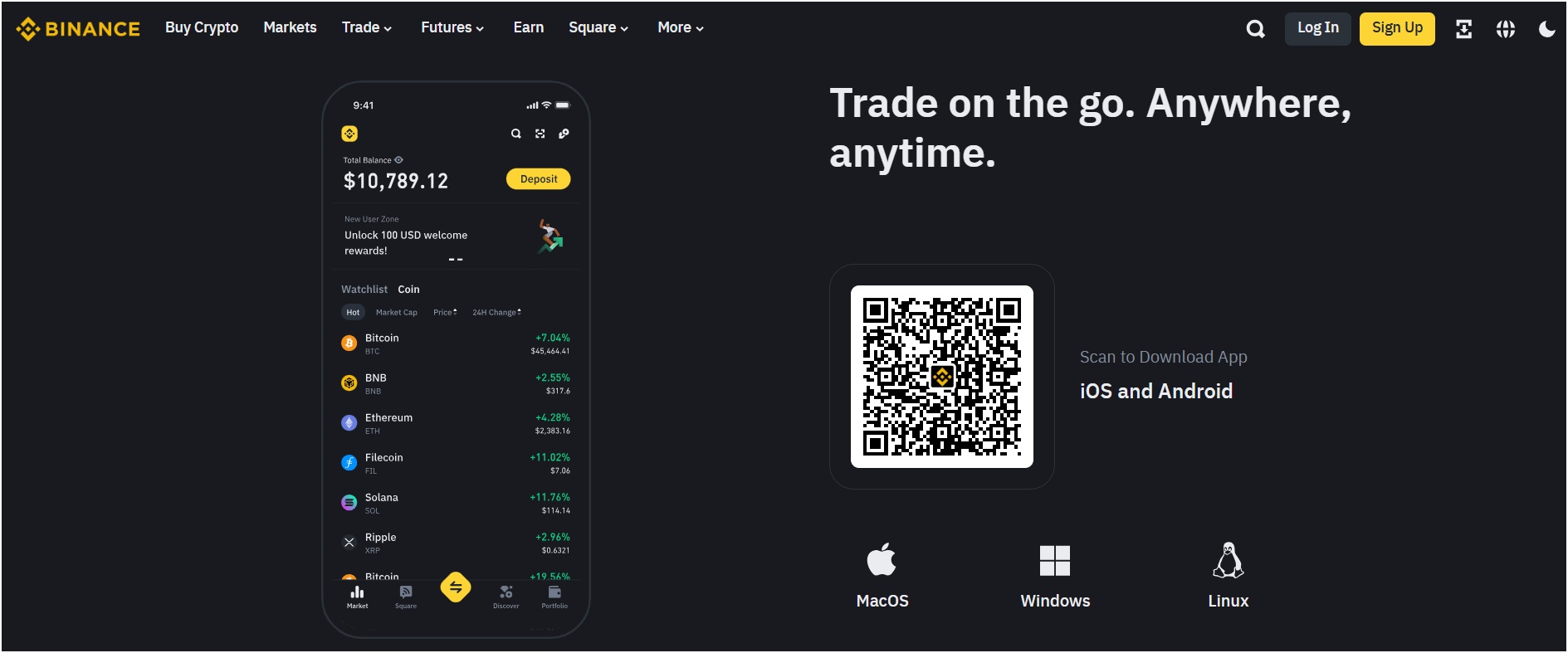


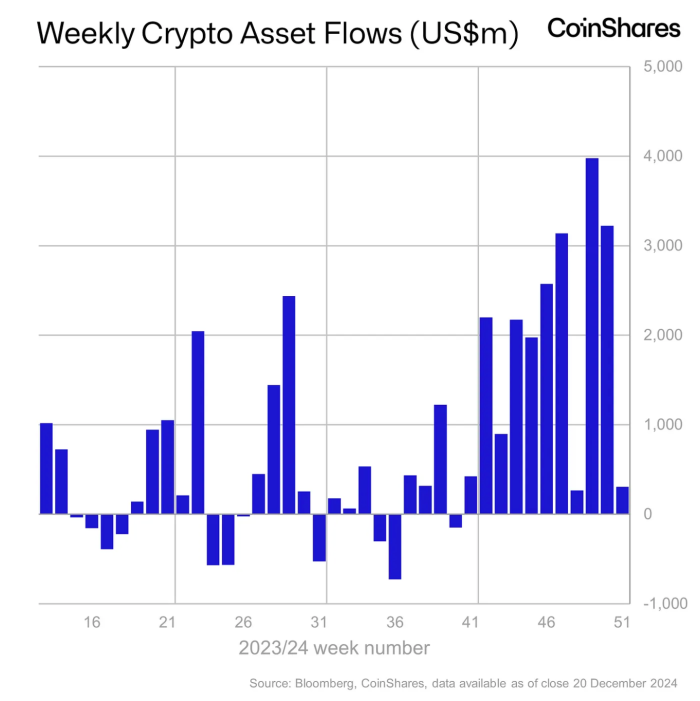
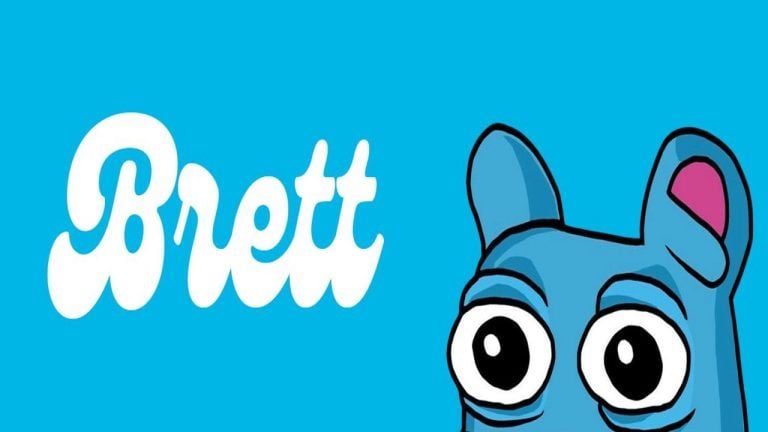
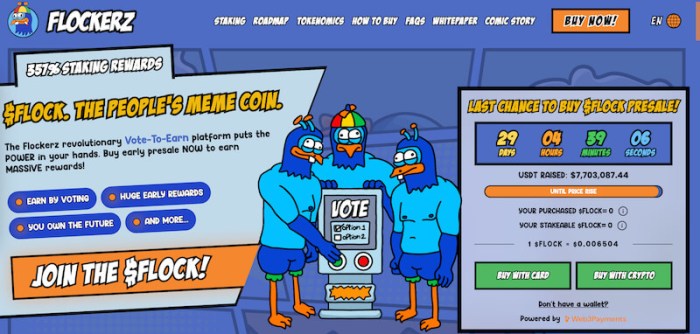
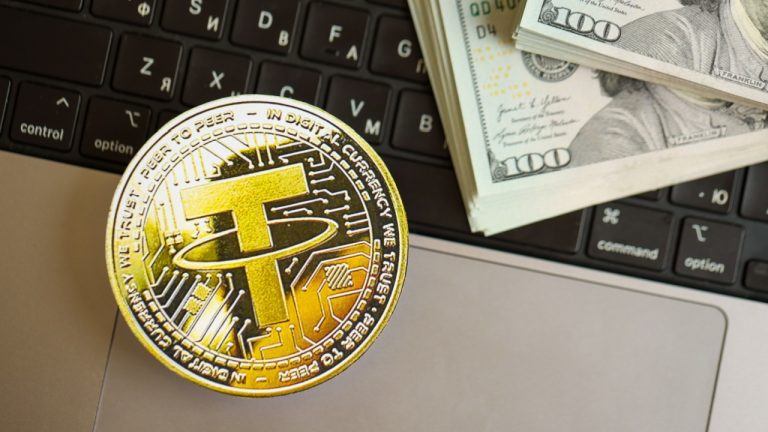

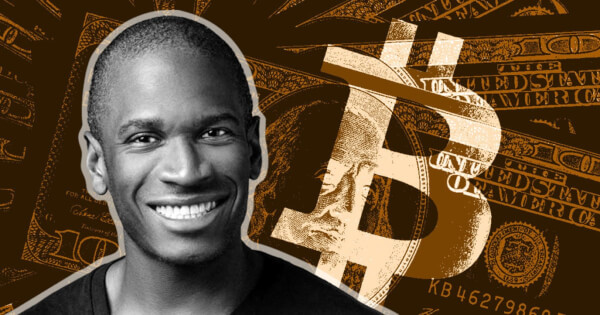

Comments